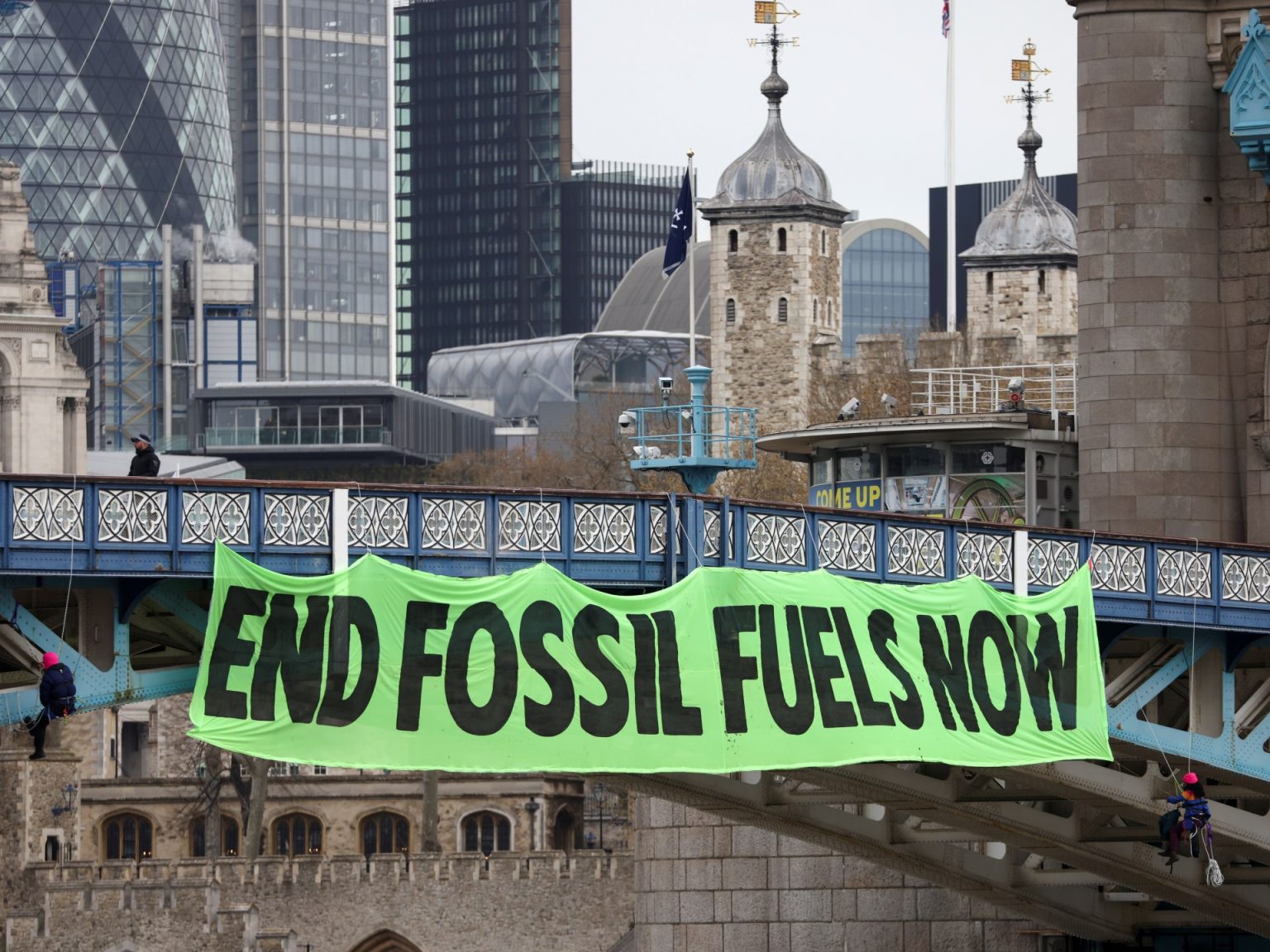Climate change is leading to dangerous levels of rising temperatures, resulting in increased deaths, the spread of infectious diseases, and worsening drought and food security. The Lancet Countdown report, compiled by 122 experts including the World Health Organization (WHO), highlighted that in 2023 – the hottest year on record – the average person experienced 50 more days of dangerous temperatures due to climate change. The report also warned that current policies are on track to result in a 2.7 degrees Celsius increase in global temperatures by 2100.
Of the 15 indicators tracked by the experts over the past eight years, 10 have reached concerning new records. These include increasing extreme weather events, heat-related deaths among the elderly, and food scarcity due to droughts and floods affecting crops. The elderly population is particularly vulnerable, with heat-related deaths in people over 65 reaching levels that are 167 percent higher than in the 1990s. The report emphasized that deaths directly associated with climate change are steadily increasing as a result.
In addition to causing human suffering, rising temperatures are also resulting in economic losses. Last year’s extreme heat led to an estimated loss of 512 billion potential labor hours globally, amounting to hundreds of billions of dollars in potential income. The report also highlighted how oil and gas companies, as well as some governments and banks, are exacerbating climate change by increasing fossil fuel production. Despite the urgent need for action, many countries have continued to subsidize fossil fuels to offset rising oil and gas prices.
The authors of the report warned that climate change is also impacting food security, with up to 48 percent of the world’s land area facing extreme drought conditions last year. This has led to an estimated 151 million more people experiencing food insecurity compared to the years 1981-2010. Extreme rainfall has led to floods in approximately 60 percent of lands, increasing the risk of water contamination and infectious diseases such as mosquito-borne illnesses like dengue. The report urged the upcoming United Nations climate summit, COP29, to prioritize funds towards public health initiatives.
Despite the alarming findings of the report, there have been some positive developments. Deaths from fossil fuel-related air pollution have declined by nearly 7 percent from 2016 to 2021, mainly due to efforts to reduce coal burning. Additionally, the share of clean renewable energy sources used to generate electricity has nearly doubled over the same period, reaching 10.5 percent. However, the report emphasized that no individual or economy is immune from the health threats posed by climate change, underscoring the urgency of taking concrete actions to address this global crisis.


